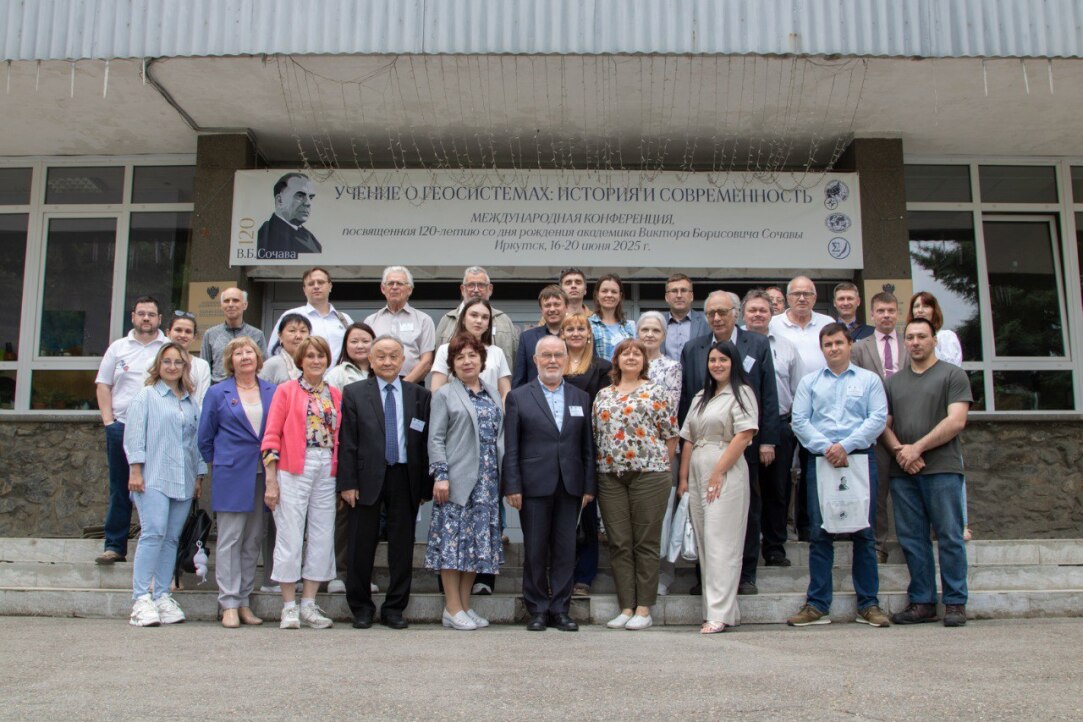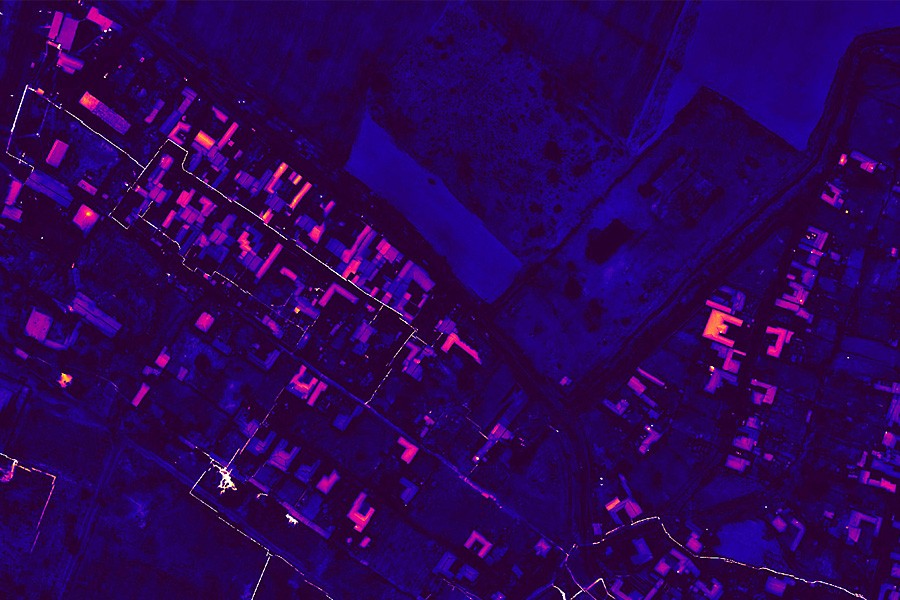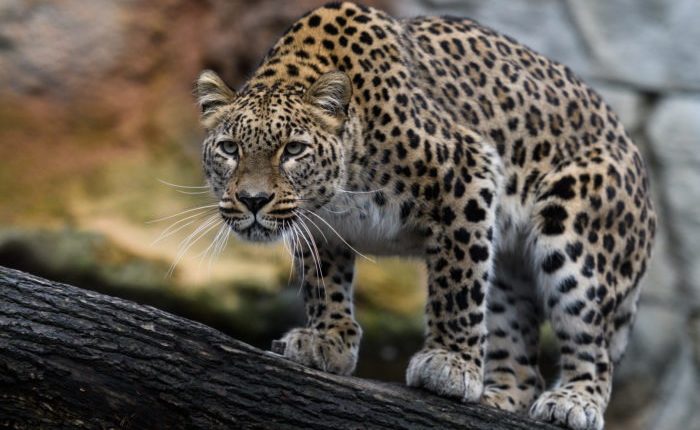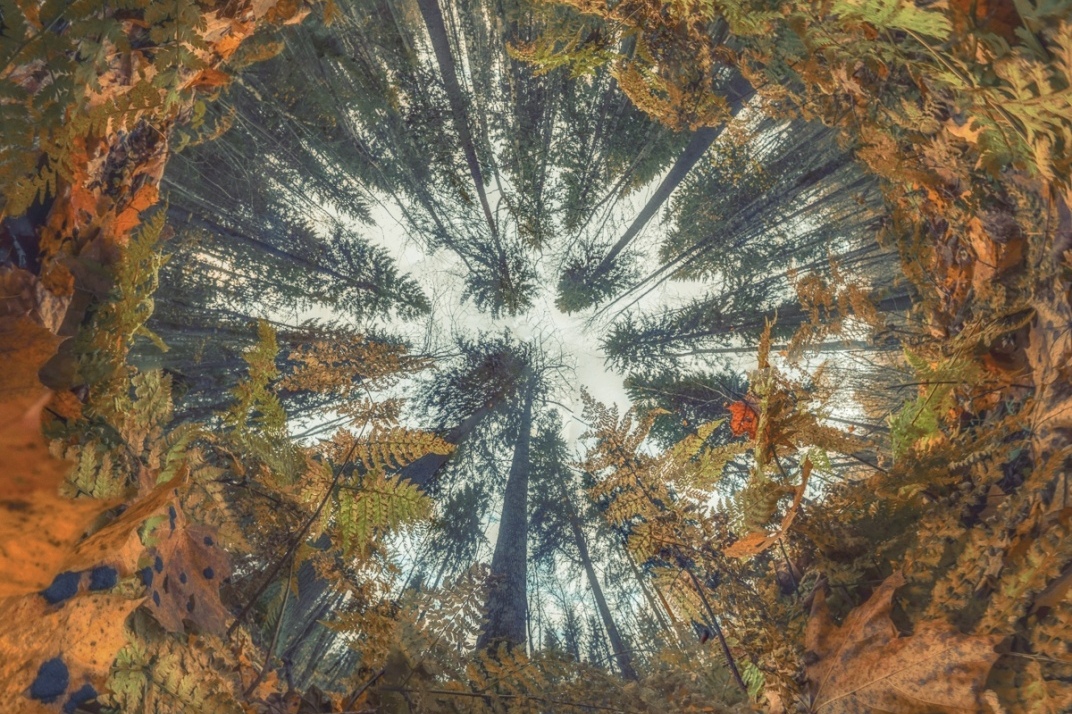The laboratory was established in 2022 to conduct research in ecology and geography. In its approaches, the team merges experimental methods of ground-based measurements of ecosystem functioning with the math-based methods of remote sensing (RS) data processing.
The main goal is to develop a set of approaches for RS data processing that will allow to use them most effectively as a source of information about landscape structure and organisation. Thereby, the key research focus of the lab is to develop methods for:
News

The key topics of the conference were:
1) Viktor Borisovich Sochava – geographer, geobotanist, cartographer, educator, science organiser, memories of Academician V.B. Sochava;
2) the theory of geosystems as a theoretical and methodological basis for the development of the concept of human co-creation with nature;
3) the theory and methodology of geobotanical mapping and regionalisation;
4) mapping and geoinformation modelling of geosystems for the purposes of planning rational nature management. A total of 45 reports were presented at the conference, devoted not only to the theoretical and methodological aspects of the development of the teachings of V.B. Sochava and his followers on geosystems, but also on modern methods of mapping and modelling geosystems and their individual components based on GIS and remote sensing, as well as the applied use of research results for the organisation of rational nature management.
On May 15, the International Laboratory for Population and Health, in collaboration with the International Laboratory of Landscape Ecology, held a seminar on “Air temperature and population health in Russian cities: results of the first national study, 2000–2019.”The seminar featured presentations by Sergey Timonin, a research fellow at the Australian National University, and Natalia Shartova, a postdoctoral researcher at the Barcelona Institute for Global Health.

The key areas of the conference this year were modeling the processes of growth and development of living organisms, the dynamics of populations and communities; modeling of ecological complexity, statistical and spatial modeling; modeling of element cycles and matter flows in ecosystems, including at the regional and global levels; mathematical models in soil science and landscape science; mathematical models as a tool for supporting decision-making in problems of managing biological resources, solving climate change problems and rational nature management.
On December 19, 2024, the eighth and final seminar "Dynamics of environmental management, climate and biological productivity of landscapes of Buryatia and Tuva in the late twentieth and early twenty-first centuries" was held
At a seminar held on December 12, 2024, P.M.Shilov, Candidate of Biological Sciences, M.Sc., V.V.Dokuchaev Soil Institute, spoke about the problems of development and promising growth points in soil geophysics.

During the event, Andrey Medvedev, Head of the Department of the Institute of Geography of the Russian Academy of Sciences, spoke about the analysis of the temperature of the underlying surface and the identification of objects based on high-detail thermal imaging.
.png)
During the event on December 28, 2024, Alexander Krenke and Mikhail Puzachenko, senior researchers at the Institute of Geography of the Russian Academy of Sciences, spoke about the heterogeneity of the territory on various scales in landscape and climatic zoning.
.jpg)
At the seminar held on November 21, 2024, MLLE employees Anastasia Dolbnya, a research intern, and Anna Derkacheva, a researcher, talked about modeling the distribution of vegetation classification units (Brown-Blanke system) in the tundra zone of Western Siberia.

Ivan Kotlov, a researcher at the laboratory, presented the report "Modeling the suitability of the habitats of the Central Asian leopard (Panthera pardus ciscaucasica) in the Chechen Republic."

On November 7, 2024, the second seminar of the series "Spatial and temporal dynamics of a stand based on long-term measurements and remote information on the example of the Central Forest Biosphere Reserve" was held
